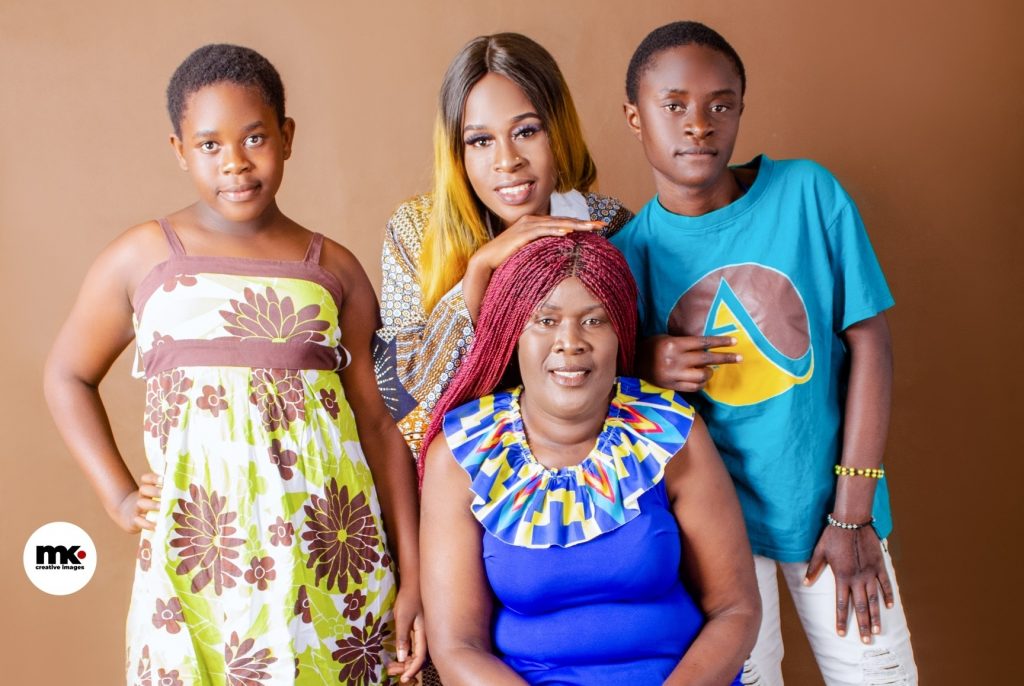Violet Zulu: HIV and Aids advocate
Among the people in the heart of the country’s HIV and Aids fight is the Lilongwe-based Violet Zulu.
She was born with HIV 24 years ago and decided to advocate for people living with HIV and Aids.

The brown skinned young woman journeyed into advocacy after facing stigma and discrimination at school and in her community.
This was after a friend she trusted told others about her status.
“I became the laughing stock with people calling me different names such as ophwanya, wa ma units etc. It was painful, but I pressed on to pursue the Malawi School Certificate of Education certificate,” she explained.
Luckily, Violet went through counselling at the clinic where she receives treatment.
In 2016 she dedicated herself to working voluntarily as an adolescent mentor at Baylor College of Medicine Children’s Foundation Malawi for adolescents living with HIV.
“I figured out that I am not the only one going through stigma and discrimination. I knew that others could be going through the same and decided to advocate for their rights,” she said.
Violet who likes to pass time by listening to music, watching movies and cooking.
She noted that it is not common for young people her age, let alone anyone, to come out in public and confidently talk about their HIV status.
But she is zealous to stand up and be heard, in ensuring that the lives of people living with HIV are prolonged.

With that kind of spirit, when she was considered as one of the influencers under the I Can Malawi Campaign, she considered it as a platform to reach out further to people, about issues of HIV and Aids.
I Can Campaign was launched in 2005 is a national HIV prevention mass media proggrammethat highlights small everyday actions that Mlawians can take to reduce their risk of HIV and Aids infection.
As such, she uses all her social media accounts, including Facebook, Twitter, Instagram and TikTok to reach out to people about HIV and self-care.
She equally shared her story during the Aids International Candlelight Day where National Aids Commission (NAC) launched the T=T strategy.
In addition, Violet explained that she does not advocate for people living with HIV just for fun, but does it with passion and zeal to ensure she reaches out to people who stopped taking their treatment to get back on care.
“People who are afraid of starting treatment and those who have lost hope; I encourage them that it’s possible to achieve anything in life despite being HIV positive. And those that are being stigmatised and being discriminated against, I always encourage them to be resilient. I dedicated my life to be their voice and role model. I will die fighting for HIV. My main goal is to see Malawi having an HIV free generation,” she explained.
The youthful advocate further highlights that the courage to carry on with advocacy came about because she accepted her HIV status which she said is one of the most important steps in dealing with HIV.
Violet called on those who are on HIV treatment to adhere to their medication so that they are virally suppressed.
“Adherence to medication is the key to a healthy life. So, for those who stopped taking their medication, it’s not too late to go back to the hospital and get back to care. It is important for you to start your treatment again.
“I believe you have a vision and a bright future, so do what needs to be done. Those who lost hope need to give themselves a chance to look at life differently. Look at the things you want to achieve in life—your goals,” she said.
Violet advises those who have not tested yet, to take a step to know their status so they can take care of themselves as their health has to be a priority.
As a young woman living with HIV, she has faced her fair share of challenges, the biggest one being the conspiracy in life when someone lied that she infected him with HIV, yet they never had anything going on between them.
“We were never friends, we were not even talking and I can’t connect the dots as to how all this came about. I was so bothered,” she said.
Apart from that, Violet recalls there was a time when she stopped taking her medication because of depression that resulted from the domestic violence she was going through in marriage.
“I got engaged in 2020 and moved in with the man. While we were married, he started abusing me, which led me into depression. I had suicidal thoughts and I stopped taking my medication. My mother advised me to seek psychosocial counselling which helped me to bounce back on my feet and I divorced him,” she said.
Violet, therefore, calls on girls and women that no matter what they go through, they should stay strong, seek psychosocial counselling if they have to and not let anyone bring them down just because they are female.
“Also, no matter how hard it is, voice out, reach out to people you trust and that can help you. Do not be afraid, you get relieved by talking to someone. Making a difference starts from within and it also takes ignoring what society says because people can never stop talking or bringing you down. I turned all what people thought was my weakness into strength,” she said.
Violet is the first born of three girls in her family. She was born on lJuly 241998 at Namadzi in Chiradzulu where she also comes from.
She has a diploma in public health obtained in 2018 from Malawi Assemblies of God University Career Development Centre.
She grew up in Lilongwe where she was raised by her mother and her step-father.
“My mother raised me not to mind what people say about me, but to focus on who I am and what I want in life. She has always taught me that sometimes we do not need people to decide for us what we want to become and that I should always make decisions that I feel are right, with the first rule being to never impress anyone,” she explained.
Apart from advocating for people living with HIV, as well as sexual reproductive health and rights, she also earns a living through business as a make-up artist, produces hand-made wigs and sells cosmetics.





